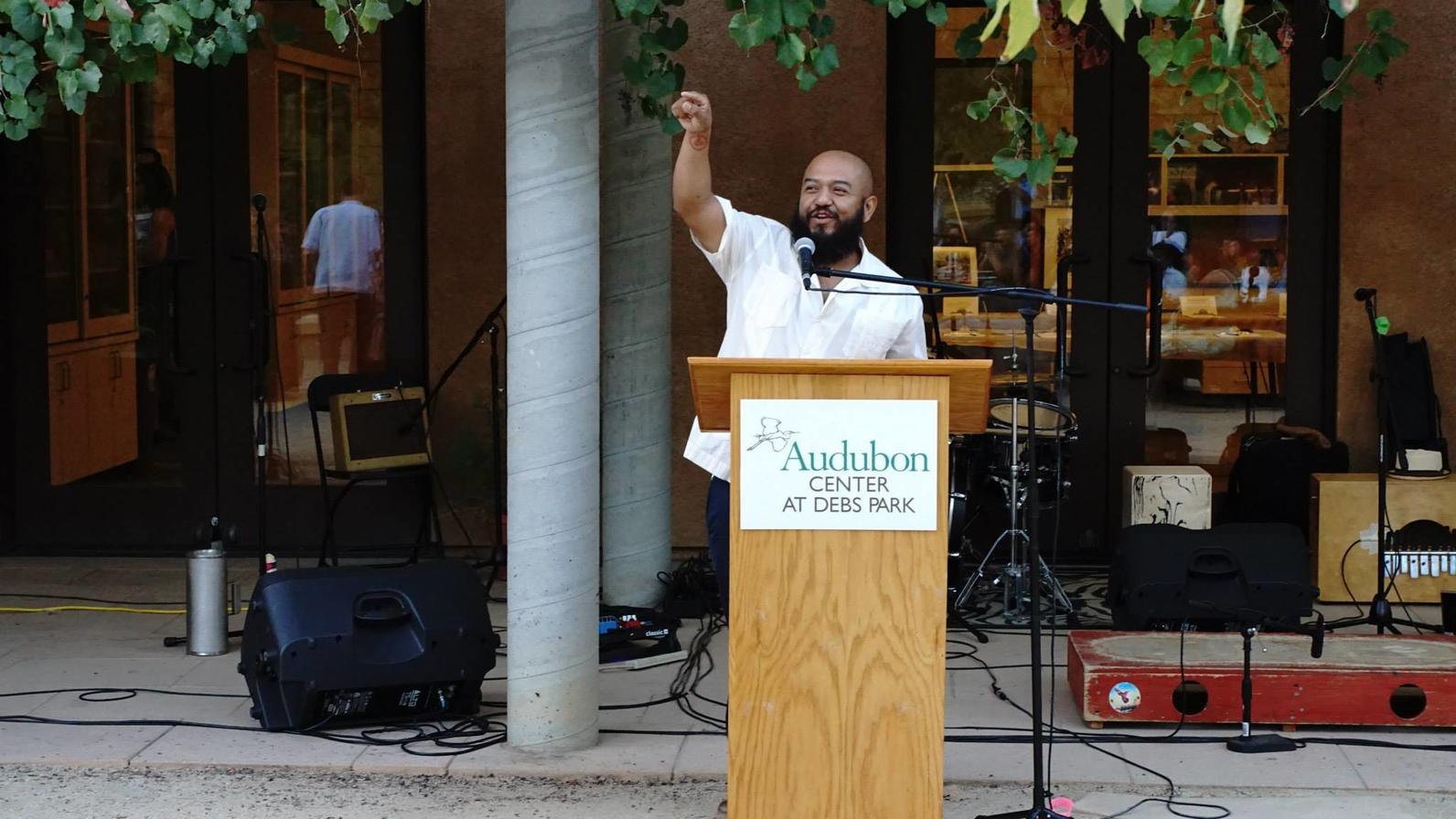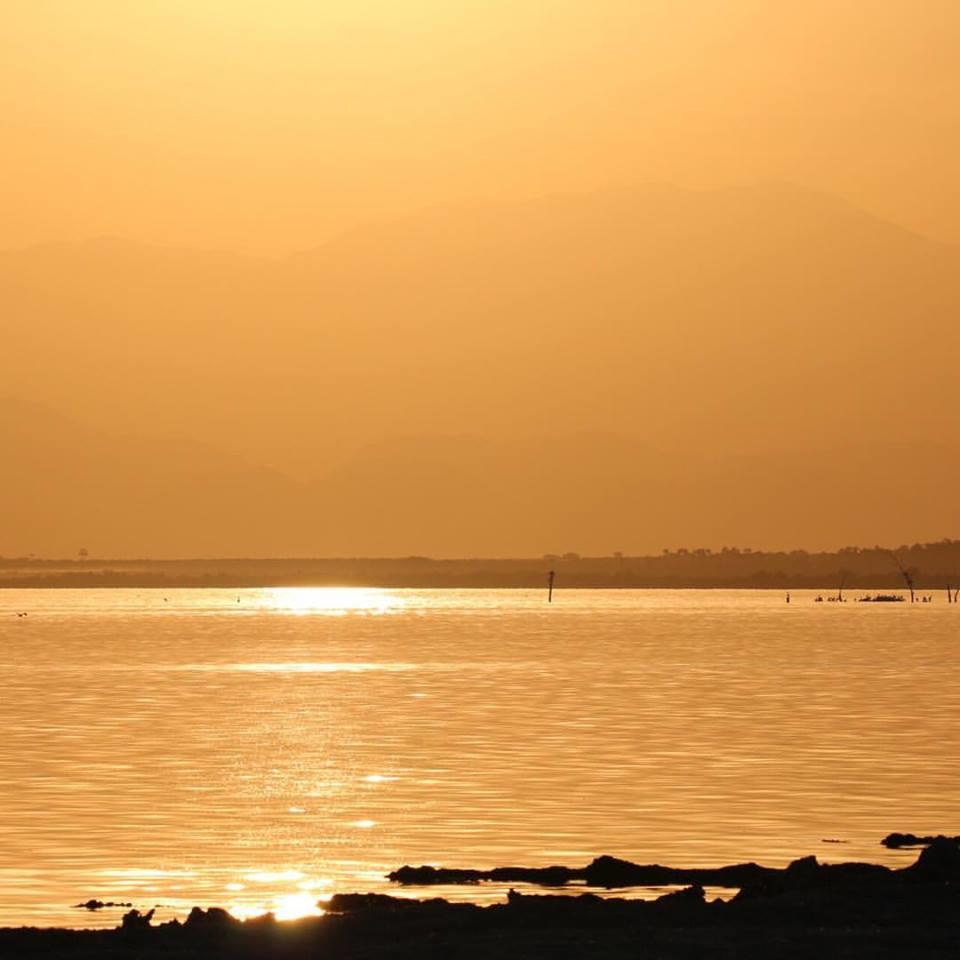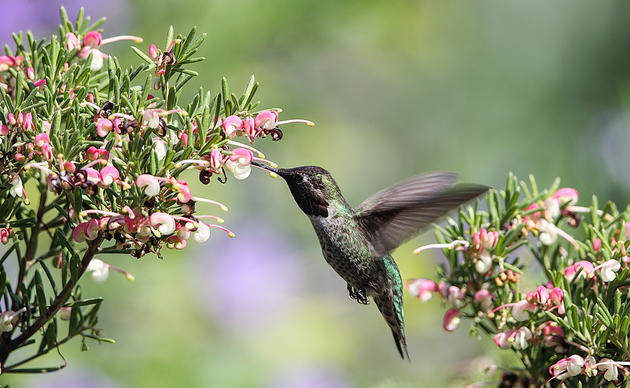
Marcos Trinidad has a connection with the Salton Sea that traces back to his childhood. Now the director of the Audubon Center at Debs Park, he shares what draws him to the Sea and the influence it had on him early in life.
AC: Who first introduced you to the Salton Sea?
MT: As a kid, I was introduced to this area by family. We visited the area for off-road recreation. I remember driving by and seeing this huge body of water.
Before going to college, I was in the military. My job was to be outdoors and learn how to drive tracked vehicles. It’s funny how even during that very stressful experience, there was some level of comfort because of my connection to being in off-road vehicles with my family at the Salton Sea. Those visits to the Salton Sea are really what triggered my passion to be outdoors and led me into studying geology and anthropology. But it wasn’t until later, in college, that my geology professor showed me a different perspective on the Salton Sea.
AC: What was it like returning to the Sea to study geology?
MT: It was definitely great coming back because there was this familiarity with the space. But I also saw it through a completely different lens. I was able to look back and appreciate that I got to experience the outdoors as a kid, because a lot of folks in my neighborhood weren’t really doing the outdoors thing.
My geology professor taught us to be open to experiences and to question our lifestyles. He asked us to consider what we were doing that puts places like this at risk.
Reexamining this place with someone I looked up to – my professor – felt like coming full circle.
AC: Have you brought your family there? What do they think?
MT: They love it. My family doesn’t know life without camping. It’s something they look forward to. We committed to sleeping under the stars at least once a month, so we go on lots of camping trips. By going there, I get to teach my kids in ways similar to how I was taught. I actually met my partner in Death Valley on one of these geology field trips, so now anytime we go to these spaces, my daughter really likes to hear the story. She says, “This is where my Mama and Daddy met – out here!”
AC: What do you hope for in the Sea’s future?
MT: I hope that folks are going to communicate, that we’re able to open up a dialogue with the community. We really have to ask ourselves: What do the folks that live in this area want? Are we understanding each other’s goals for this space? Communication is definitely very important, and I would like to see this space protected.
AC: Being Audubon, we must ask: what is your favorite bird at the Salton Sea?
MT: I remember a time when we had our tents pitched on the beach. We’d gone on a big hike, and a storm had come through. When we came back, some of our tents were in the sea, and only a handful were still upright. I was sharing a tent with two others, one being my future life partner and the other a friend. I was so excited because our tent was still upright, but we had an ice chest in the tent. As we got closer, we saw that the chest had flipped over and soaked everything, so we ended up having to sleep outside.
I remember waking up the next morning to nearby gulls – to the sound of them really laughing (“eh eh eh eh”) – and not minding that these loud birds woke me up. At that time, I needed to experience it. I know for birders, we don’t usually say gulls are their favorite. They're really abundant, they can be really aggressive and annoying, but I kind of like what they do. I can see that they're not just looking for the next meal. I can watch gulls at the Salton Sea and know that they're flying because they can.
When you've been to a place so many times, you just have a number of stories. Salton Sea is one of those places for me. I’ve just been there with so many people and shared special moments every time. I’m going to do whatever I have to do to make sure that others have that same opportunity.

By Katherine Krieger
Monthly Giving
Our monthly giving program offers the peace of mind that you’re doing your part every day.




